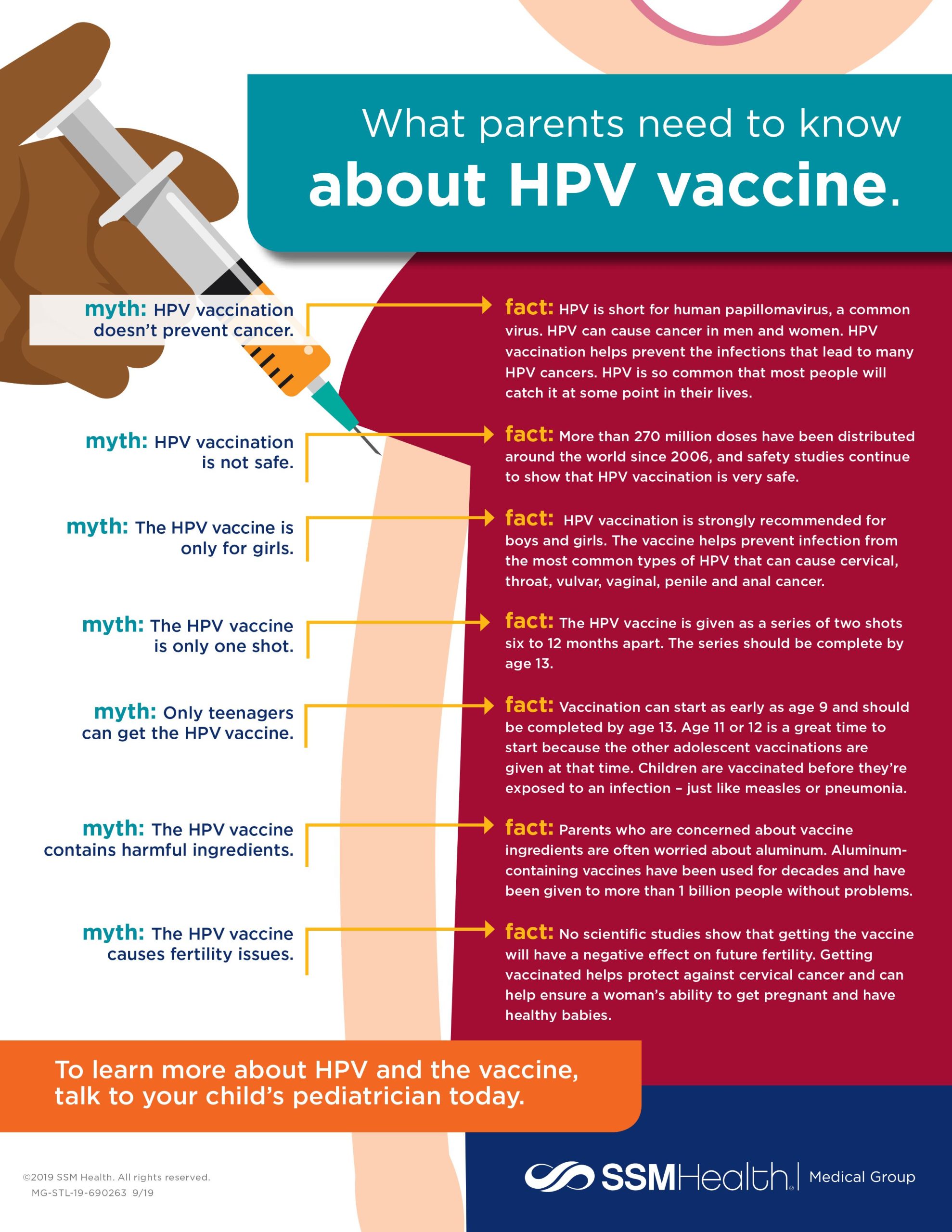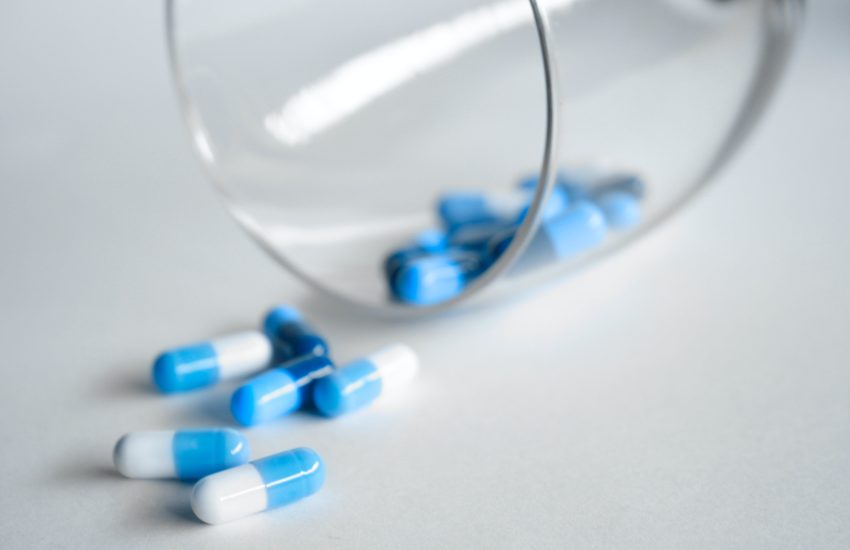HPV Vaccine: What Women Need to Know
Human Papillomavirus (HPV) is the most common sexually transmitted infection in the United States. It can cause genital warts and lead to various types of cancers, including cervical, vaginal, and vulvar cancer. The good news is that there is a vaccine available to protect against HPV and reduce the risk of these serious health complications.
Who Should Get the HPV Vaccine?
The HPV vaccine is recommended for girls and young women between the ages of 9 and 26. It is most effective when administered before becoming sexually active, as the vaccine protects against the most common strains of HPV that can lead to cancer.
Benefits of the HPV Vaccine
Getting the HPV vaccine can provide several benefits, including:
Preventing genital warts
Reducing the risk of cervical cancer
Protecting against other types of HPV-related cancers
Is the HPV Vaccine Safe?
The HPV vaccine has been extensively studied and proven to be safe and effective. Like all vaccines, there may be some mild side effects, such as soreness at the injection site or a low-grade fever. However, the benefits of the vaccine far outweigh any potential risks.
How is the HPV Vaccine Administered?
The HPV vaccine is typically administered as a series of shots over a period of six months. It is important to follow the recommended schedule to ensure maximum protection against HPV and related health issues.
Cost of the HPV Vaccine
Many health insurance plans cover the cost of the HPV vaccine, making it accessible to most women. For those without insurance, there are programs available to help cover the cost of the vaccine.
Conclusion
Women should talk to their healthcare provider about the HPV vaccine and whether it is right for them. Getting vaccinated against HPV can help protect against genital warts and various types of cancer, providing peace of mind and long-term health benefits.


